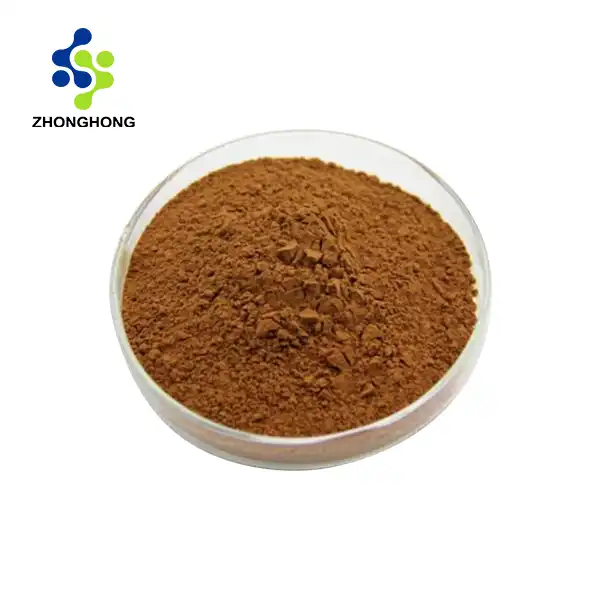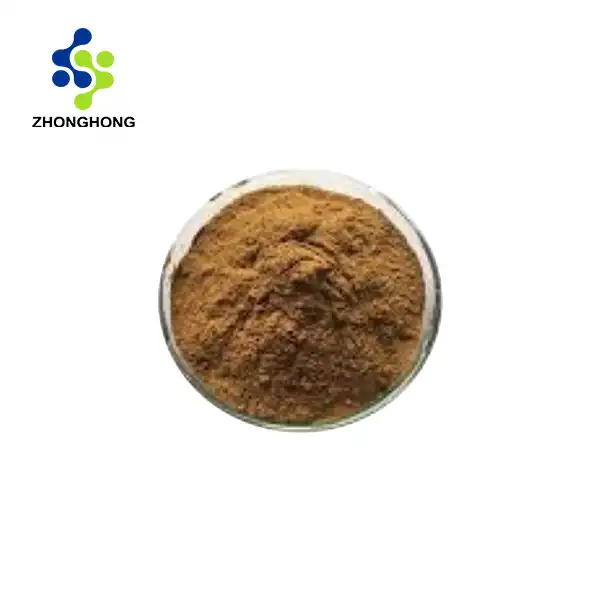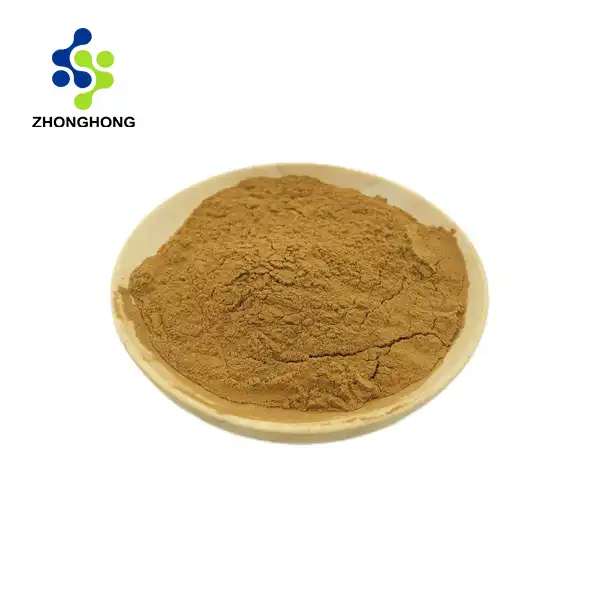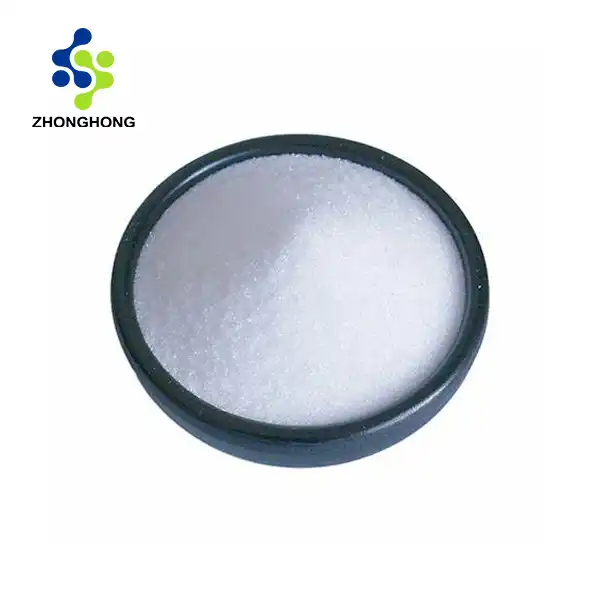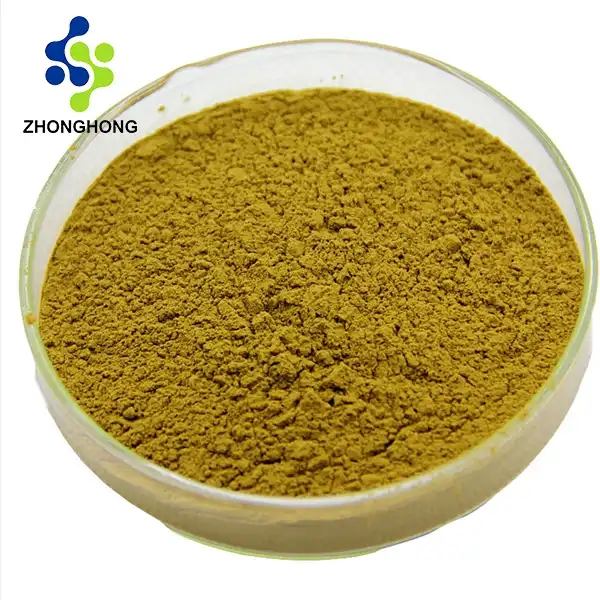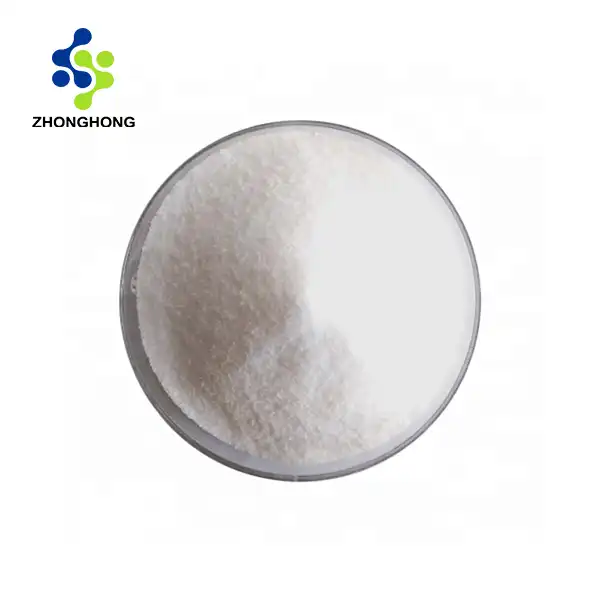Creatine Monohydrate vs. Other Creatine Forms: Which Is Best?
Understanding Creatine Monohydrate
Creatine monohydrate is the most broadly utilized and deductively bolstered frame of creatine supplement. It comprises of a creatine particle joined to a water atom, making it exceedingly steady and simple for the body to retain. Broad investigate over the a long time has illustrated its viability in improving athletic execution, especially in high-intensity exercises like weightlifting and sprinting. Its benefits incorporate expanded muscle vitality, progressed quality, and superior recuperation times. Given its demonstrated security and unwavering quality, creatine monohydrate remains a go-to choice for competitors and wellness devotees around the world.
Exploring Alternative Creatine Forms
Though creatine monohydrate powder is the most popular form, various alternative creatine formulations have emerged on the market, each claiming specific advantages. Creatine Ethyl Ester is marketed for better absorption, potentially requiring smaller doses. Creatine Hydrochloride is known for its improved solubility in water, making it easier to mix and consume. Buffered Creatine is said to reduce potential gastrointestinal side effects, such as bloating. Creatine Nitrate is promoted for enhancing blood flow and improving muscle pumps during workouts. While these alternatives are gaining attention, their actual benefits remain a topic of debate among experts.
Comparative Analysis
Despite the marketing claims of newer creatine forms, research consistently supports creatine monohydrate as the most effective and cost-efficient option. Studies comparing the different types of creatine have shown little to no advantage in terms of muscle uptake, strength gains, or performance improvements when using alternatives like creatine ethyl ester, hydrochloride, or nitrate. In fact, creatine monohydrate is not only more affordable but also has a longer track record of safety and efficacy. Therefore, athletes seeking optimal results should still consider creatine monohydrate as their primary choice.
Why Creatine Monohydrate Remains the Top Choice?
Proven Efficacy
Creatine monohydrate has been broadly investigated over the past few decades, and its adequacy in improving athletic execution is evident. Considers have reliably appeared that creatine supplementation boosts quality, control yield, and muscle mass, especially in exercises requiring brief bursts of high-intensity exertion like weightlifting, sprinting, and bouncing. By expanding the body's stores of phosphocreatine, creatine upgrades the generation of ATP, the essential vitality source for muscle withdrawals, which deciphers to moved forward execution and faster recuperation amid strongly work out.
Safety Profile
Creatine monohydrate is well-regarded for its safety profile, with numerous long-term studies confirming its safety when taken at recommended dosages. Research involving healthy individuals has shown no significant adverse effects, even when used consistently over extended periods. Common concerns, such as kidney damage or dehydration, have not been substantiated by credible studies. The vast amount of data available on its safety gives users confidence that creatine supplementation can be an effective and low-risk option for enhancing performance and muscle growth.
Cost-Effectiveness
Creatine monohydrate is one of the most reasonable supplements accessible, making it an alluring alternative for those looking to make strides their wellness without investing unreasonably. Due to its broad accessibility and clear fabricating handle, creatine monohydrate powder is ordinarily much less costly than elective shapes of creatine. This cost-effectiveness permits competitors and wellness devotees to keep up reliable supplementation, guaranteeing they can appreciate the benefits of creatine without straining their budgets. For most clients, creatine monohydrate offers great esteem for cash in terms of execution upgrade.
Pros and Cons of Creatine Monohydrate Powder
Advantages
Creatine monohydrate is widely recognized for its numerous benefits, making it a go-to supplement for athletes and fitness enthusiasts. It significantly enhances muscle strength and power by increasing the availability of ATP, the primary energy source for muscle contractions. Creatine also promotes muscle growth by increasing water content within muscle cells, triggering anabolic processes. Beyond physical performance, some studies suggest creatine may offer cognitive benefits, improving memory and mental clarity, particularly in stressful situations. Additionally, its proven efficacy and long history of safe use add to its appeal.
Potential Drawbacks
While creatine monohydrate powder is generally well-tolerated, there are some potential side effects that users should be aware of. During the initial loading phase, some individuals may experience water retention, leading to temporary weight gain and bloating. In rare cases, gastrointestinal discomfort, such as stomach cramps or diarrhea, can occur. Consistent daily supplementation is important for maintaining creatine levels in the muscles, and missing doses may reduce its effectiveness. It's also worth noting that the water retention can contribute to bloating, which may concern some users focused on achieving a lean appearance.
Optimizing Usage
To get the most out of creatine monohydrate while minimizing any side effects, it's helpful to follow a few key guidelines. Starting with a lower dose and gradually increasing it allows your body to adjust, reducing the likelihood of gastrointestinal discomfort or bloating. Staying well-hydrated is crucial, as creatine draws water into muscle cells, and proper hydration helps maximize its effectiveness. Taking creatine with a meal or post-workout shake can also improve absorption. While cycling creatine usage is a personal choice, continuous use is considered both safe and effective for most individuals looking to maintain consistent benefits.
Conclusion
In the realm of creatine supplements, creatine monohydrate powder remains the undisputed champion. Its proven efficacy, extensive safety data, and cost-effectiveness make it the top choice for athletes and fitness enthusiasts alike. While alternative forms may offer unique marketing angles, the scientific evidence consistently supports creatine monohydrate as the most reliable and effective option for those seeking to enhance their athletic performance and muscle growth. If you want to get more information about this product, you can contact us at liaodaohai@gmail.com.
_1728976869676.webp)
